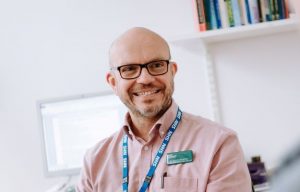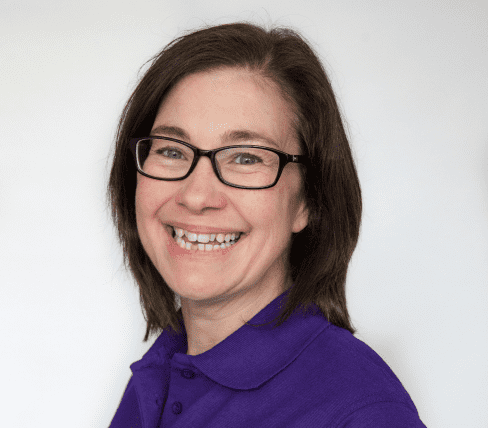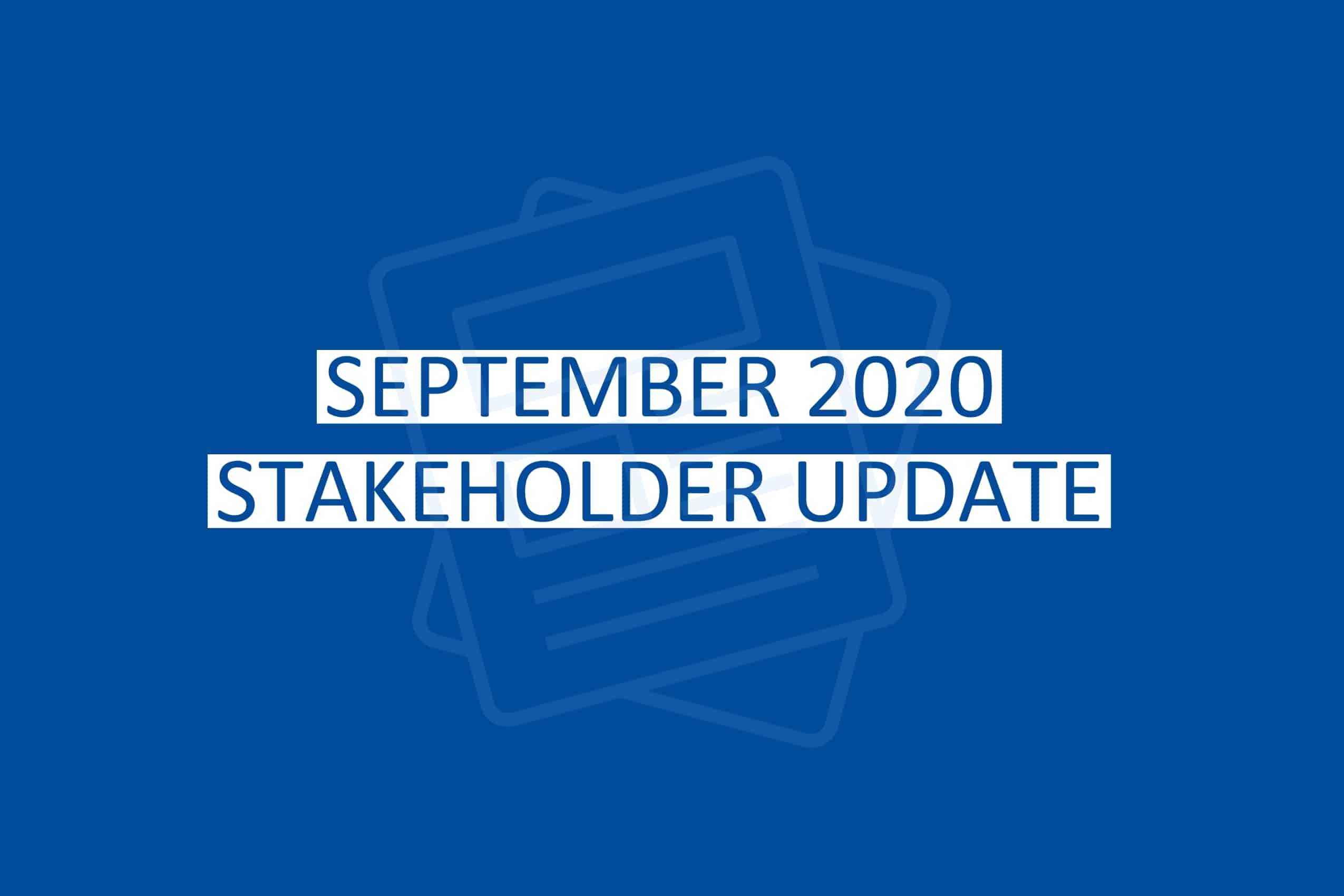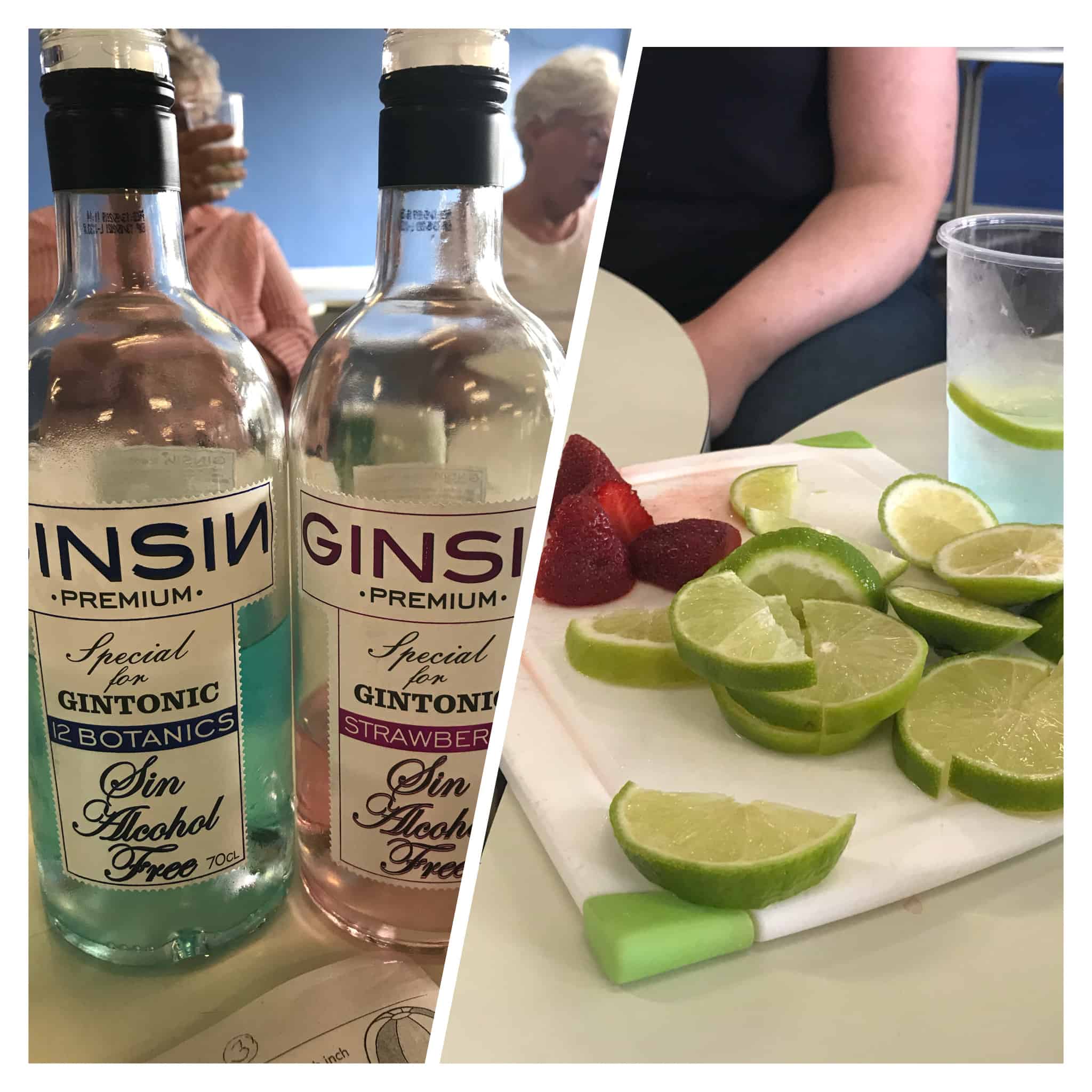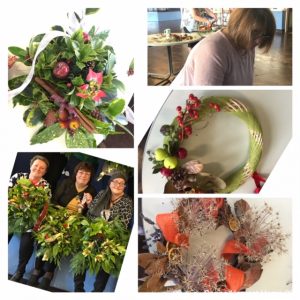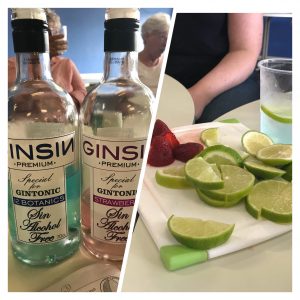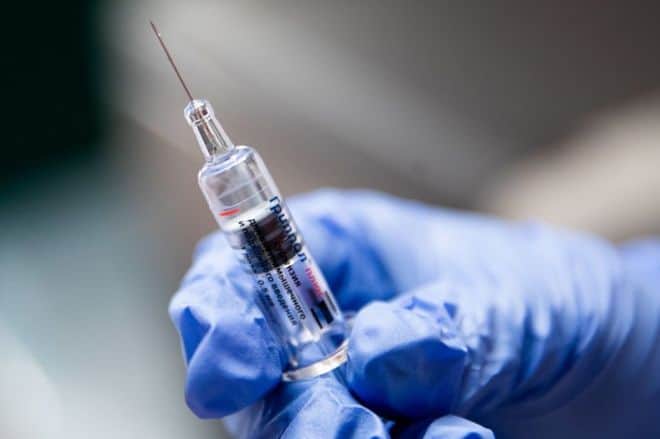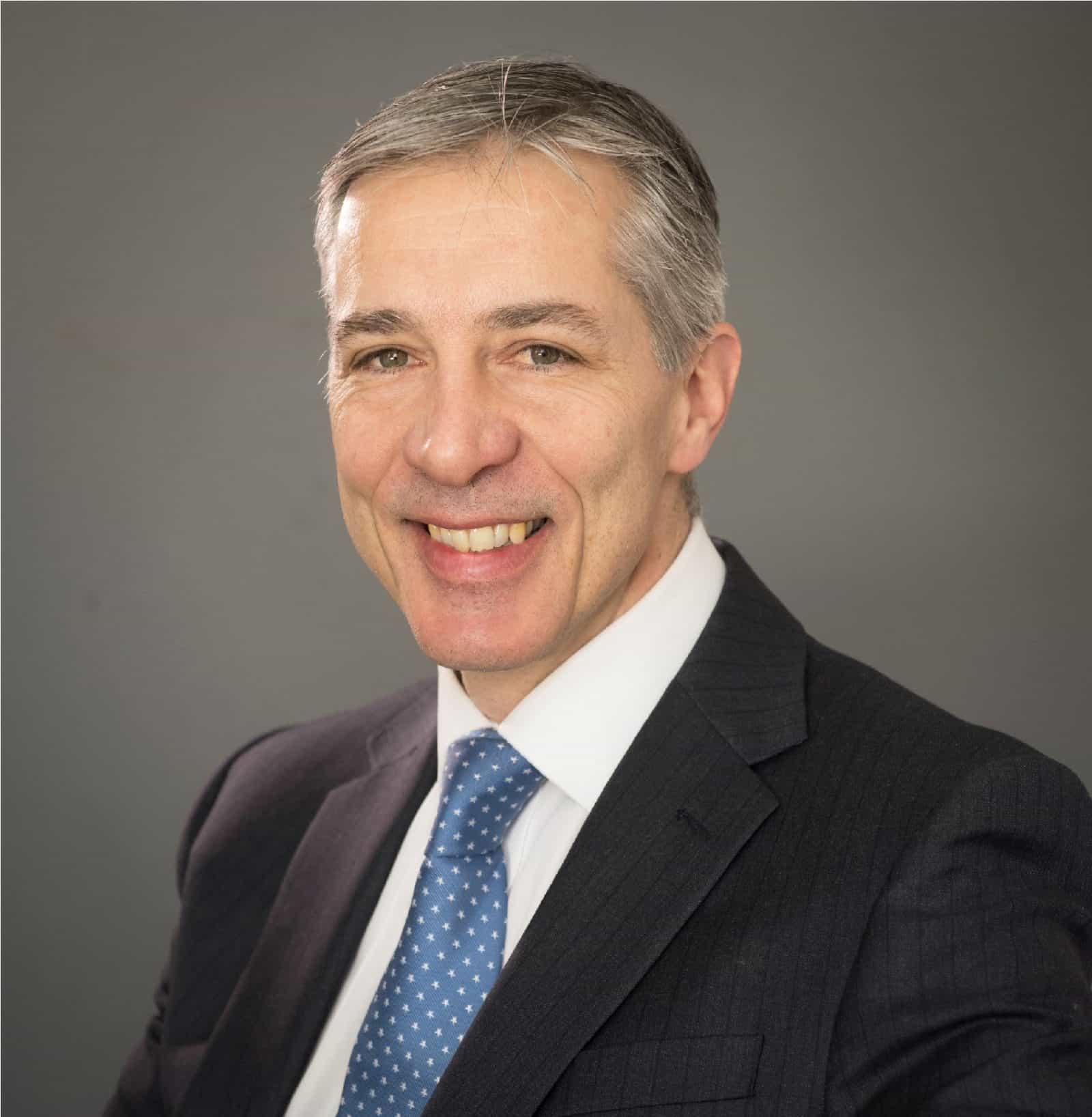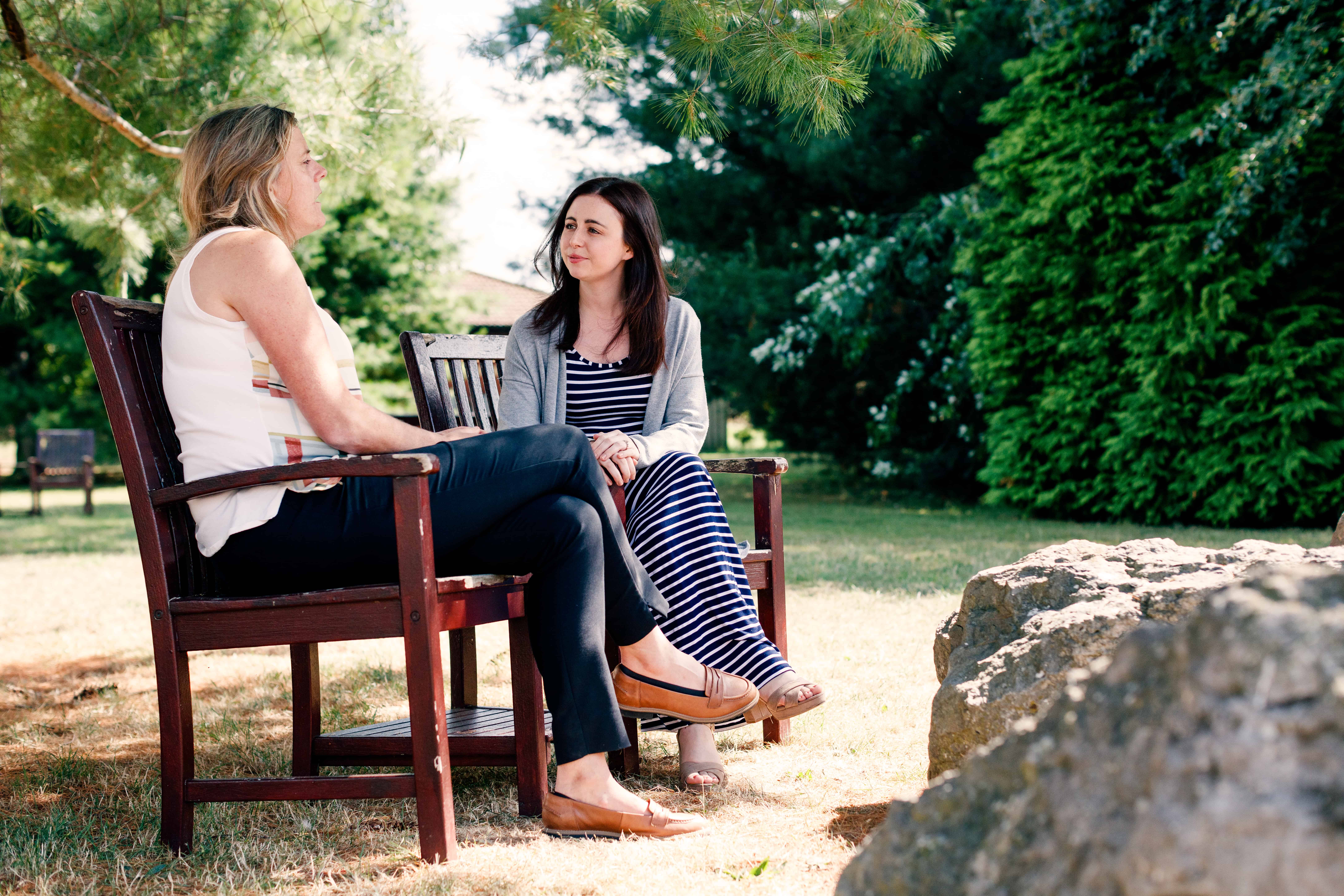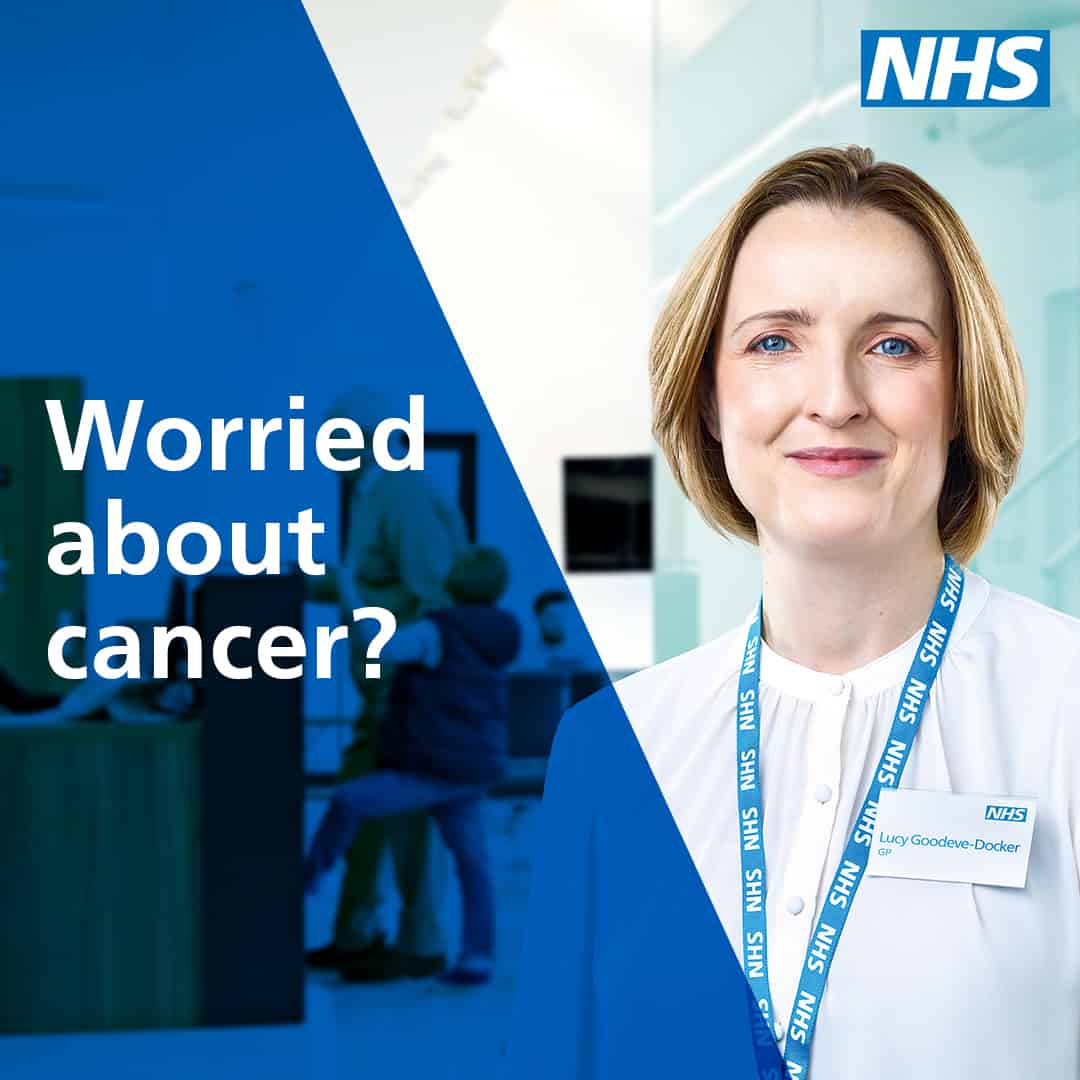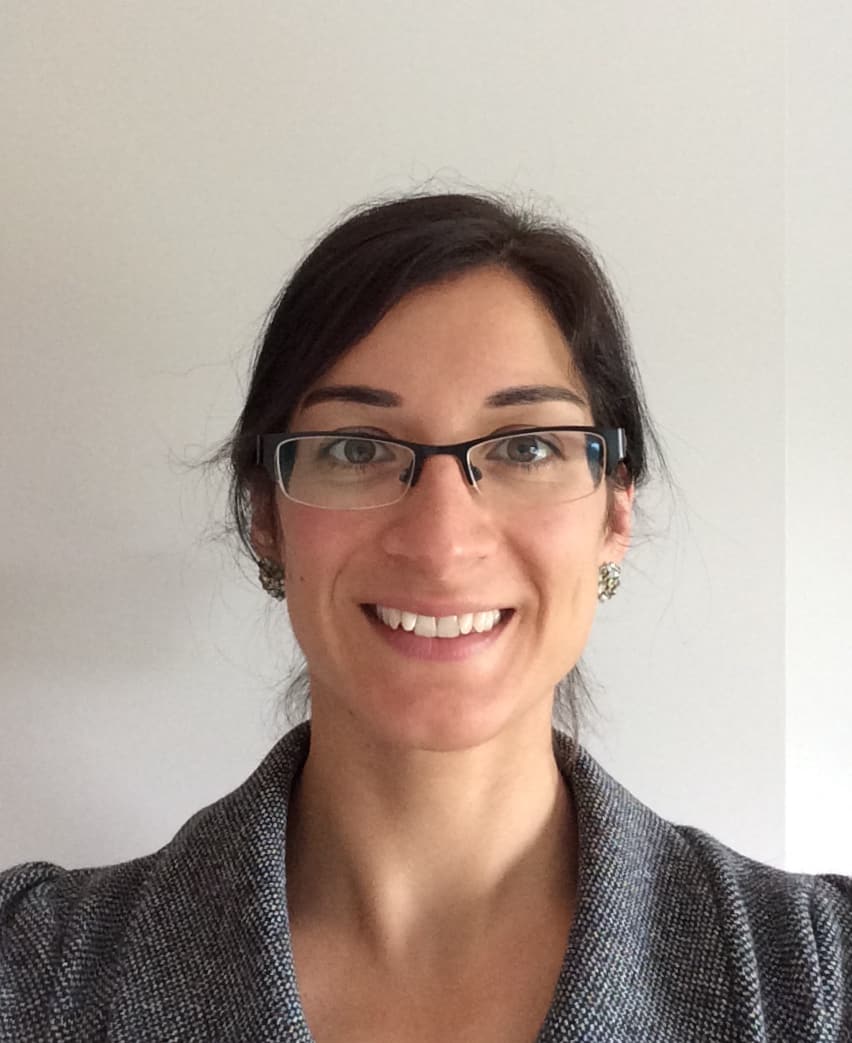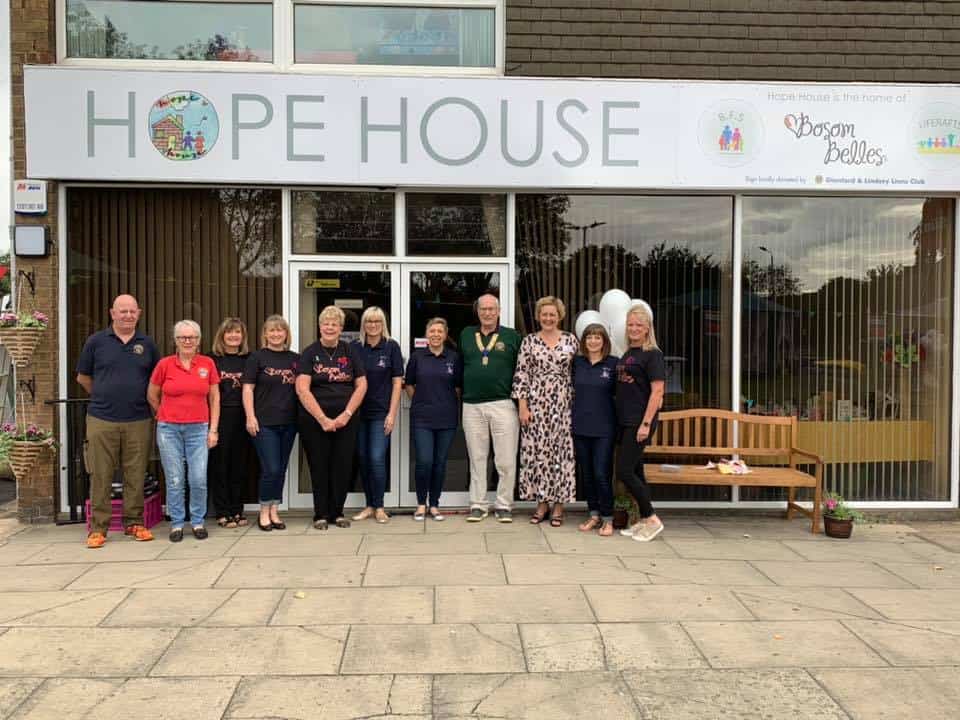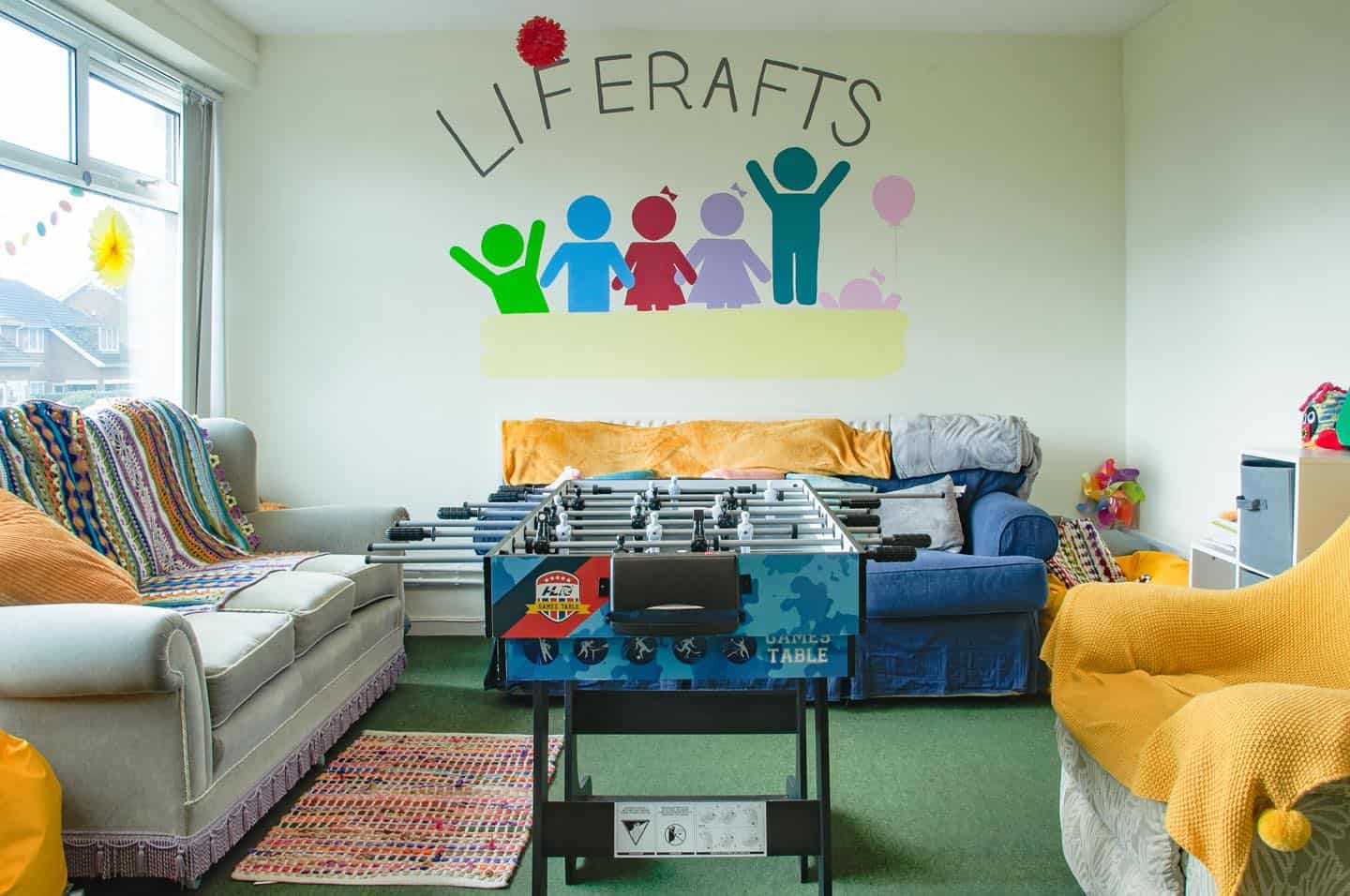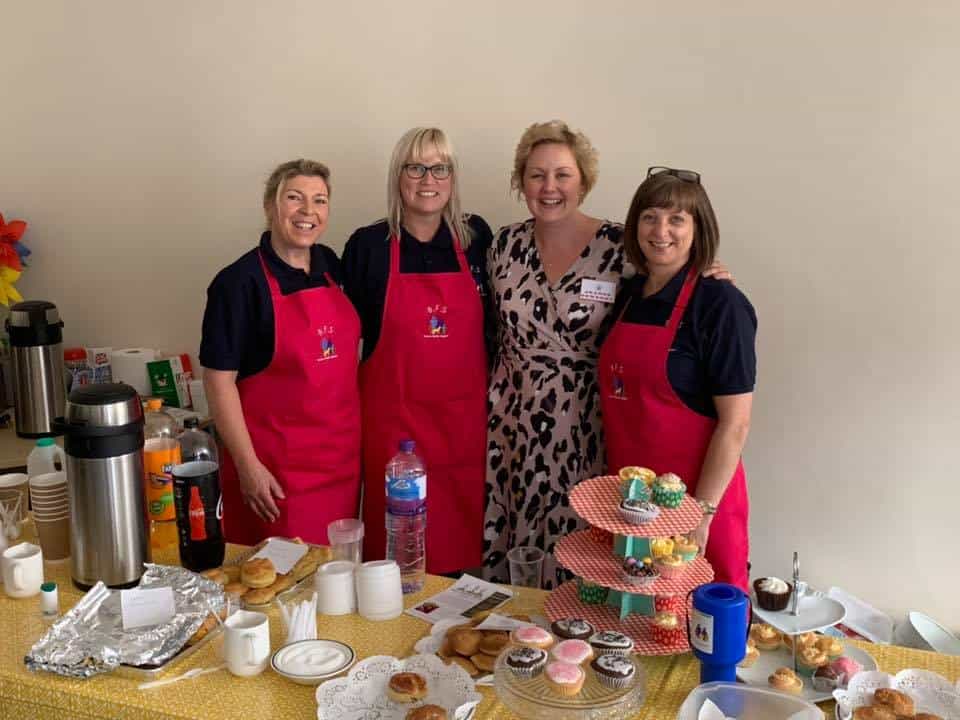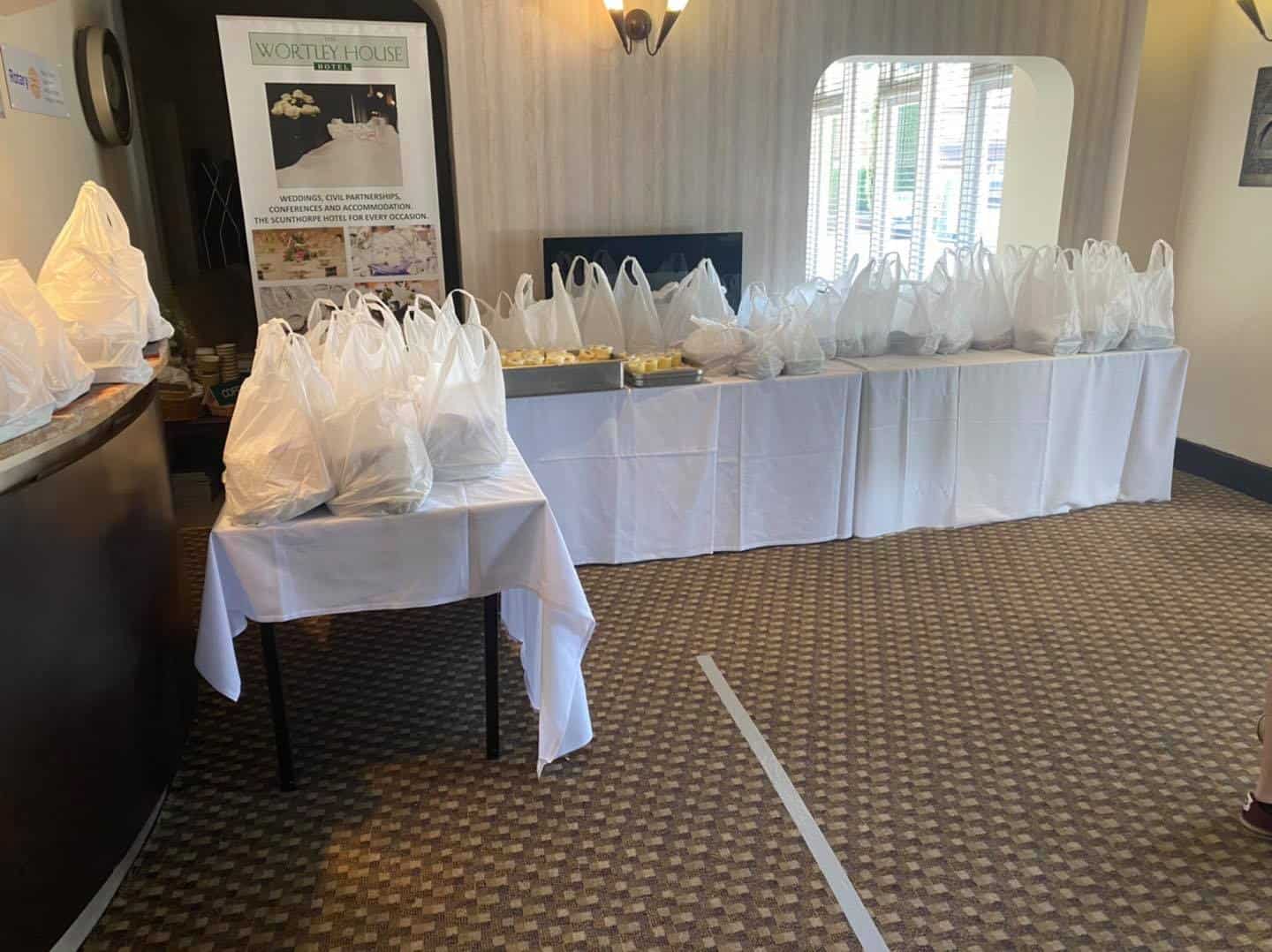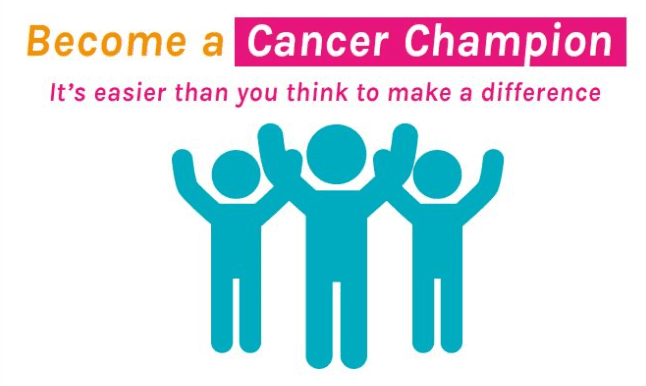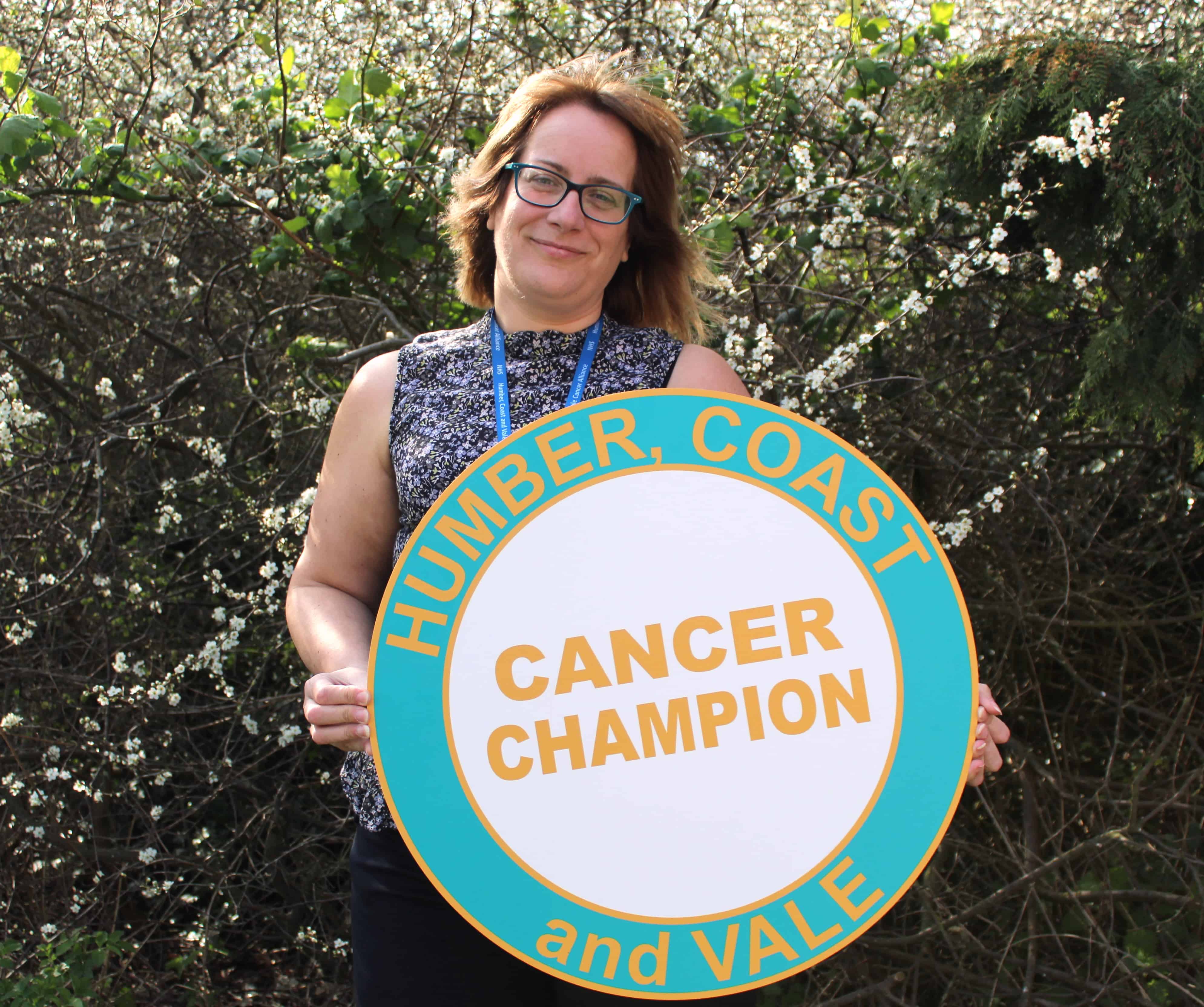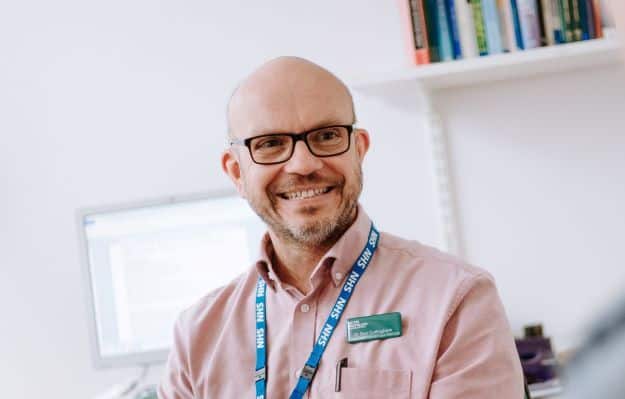
Healthcare professionals across the Humber, Coast and Vale (HCV) region are appealing for the public to contact their GP if they are worried about a symptom that could be cancer, as new research found that nearly half (48%) of the public would delay or not seek medical help at all.
A fifth (22%) would not want to be a burden on the health service while a similar number said that fear of getting coronavirus or passing it onto others was a major reason for not getting help.
Health and care professionals from across the HCV region, have pulled out all the stops to keep cancer services going
throughout the pandemic, with over 90% of patients urgently referred being seen by a specialist within two weeks.
Dr Dan Cottingham, Cancer Research UK GP Lead for HCV Cancer Alliance said: “People should not hesitate to get help if they are worried about a symptom that may be cancer, such as:
- unexplained blood that isn’t from an obvious injury
- a lump
- weight loss which feels significant
- an unexplained pain that lasts three or more weeks
“Cancer is easier to treat when it’s caught at an earlier stage and we are asking members of the public to help us help you by coming forward for a check that could save your life.” Dr Stuart Baugh, Clinical Director for HCV Cancer Alliance said:
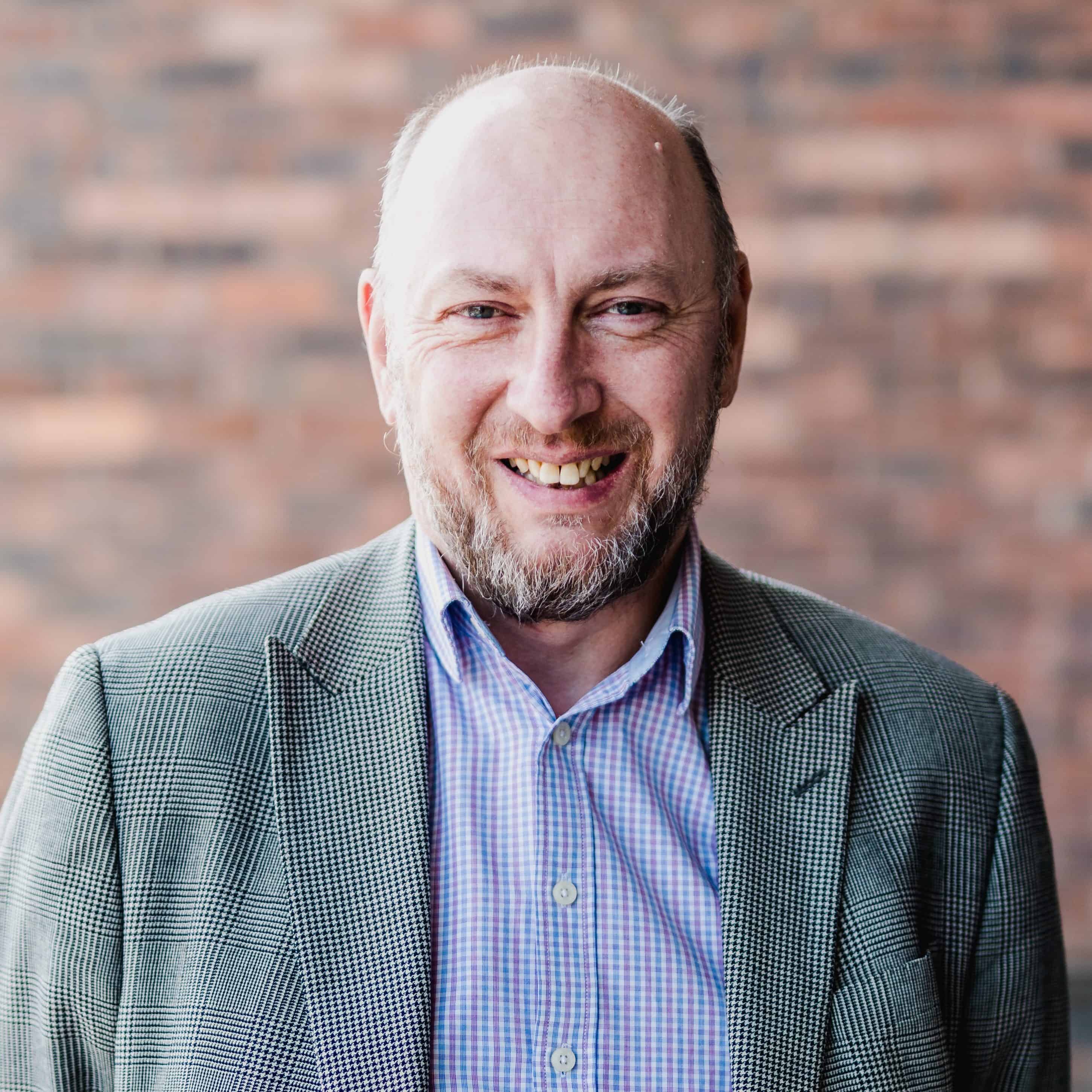
“People who have already been invited for an appointment are encouraged to attend, whether that be a routine screening appointment, an invitation for treatment or an appointment with your GP.
“Healthcare providers have introduced a range of measures to ensure the safety of patients and staff, including the use of PPE, COVID-secure areas, and phone or virtual appointments.
“To highlight the measures that have been put in place at Trusts within the HCV region, Hull University Teaching Hospitals NHS Trust, York Teaching Hospital NHS Foundation Trust and Northern Lincolnshire and Goole NHS Foundation Trust have created virtual ‘walkthrough’ videos and patients are advised to watch the video or contact their medical team should they have any concerns about accessing NHS services during the coronavirus pandemic.”
Hull University Teaching Hospitals NHS Trust
York Teaching Hospital NHS Foundation Trust
Northern Lincolnshire and Goole NHS Foundation Trust

